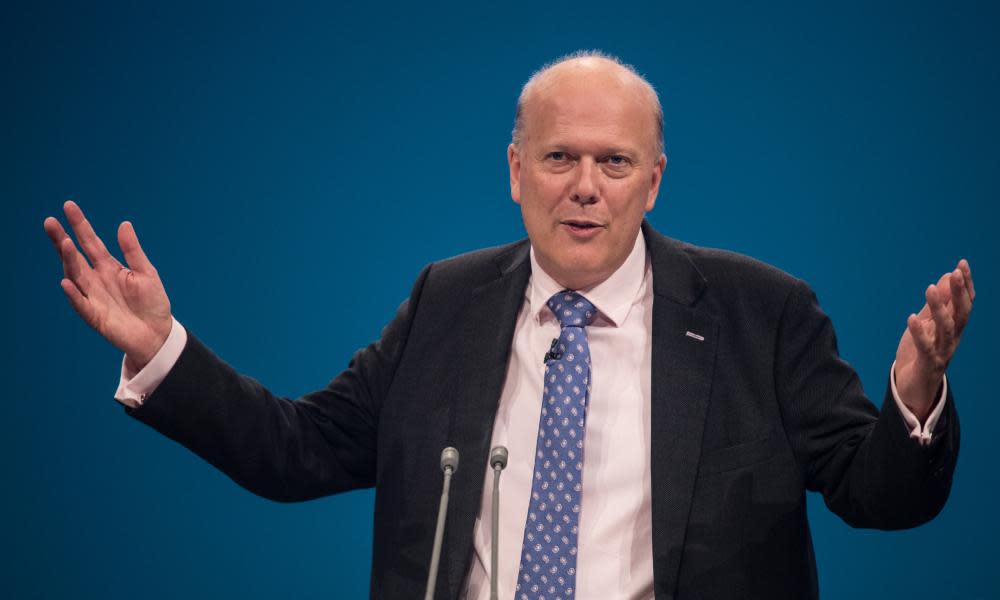The Guardian view on privatising probation: ideology over facts

In any ideology faith replaces sight. Blind obeisance means giving up on evidence, on the ability to learn and to correct one’s course and instead be willing to look like a fool. This was the approach the government took when it privatised chunks of the probation service in 2015 – saying it would inject dynamism, deliver improved outcomes and that contracts would link the arms of the criminal justice service. This was firmly contradicted last week by parliament’s justice committee which issued a scathing report on the reforms, saying they had failed to deliver promised improvements and MPs doubted they ever would. Left to look asinine is Chris Grayling, the justice secretary behind the changes.
Probation services are meant to oversee the rehabilitation and resettlement of prisoners. Yet the committee found the impact on reoffending rates has been “disappointing”. The much-hyped, enhanced role for voluntary organisations has not only not materialised – the sector’s involvement has actually decreased. The basic design is flawed. The categorisation of its 264,649 offenders (90% of them men) as either low, medium or high risk makes no allowance for the fact that levels of risk can change. The justice department negotiated the contracts poorly, and has had to revisit them and top up funding as a result. A “through the gate” service that promised to help former prisoners reintegrate turned out to mean that everyone would get a leaflet. Morale is at an all-time low.
That the whole sorry project was embarked upon before two pilot schemes were even complete was reckless. It is also a tell-tale sign that the ideas were driven by ideology rather than evidence. Though he tactfully refrains from hammering the point too hard, committee chair Bob Neill cannot help but echo the finding of probation inspector Dame Glenys Stacey, whose most recent report declared that the state-run part of the service works better. That Mr Neill is a Conservative and a criminal barrister, who presumably takes no political satisfaction from this, only makes the situation more awkward for the current government.
Supportive, challenging relationships are the key to rehabilitation. The government’s changes led to a situation in which supervision was reduced to a tick-box exercise, meetings replaced by phone calls. Reoffending rates remain stubbornly high, with all the risk to the public that entails, while prisons are packed. Since one of the report’s findings is that confidence in non-custodial sentences has collapsed, partly due to a lack of contact between probation contractors and the courts, the reforms have made a bad situation worse. Then there are the offenders themselves, many of whom are extremely vulnerable and at least a tenth of whom leave prison not knowing where they will spend the next night.
It does look like the state-run National Probation Service is more effective than that delivered by the private sector. Ministers warn another reorganisation will mean more chaos, but it’s extremely hard to see how, if the current contracts are cancelled or contractors go bust, a new set of contracts will be any better. Since they are more expensive to manage (£5.1m) than the prisons inspectorate (£3.5m), hiring more lawyers to manage them is not the answer. The obvious solution is to take the service back in-house. That “payment by results” and competition at all costs remain official doctrine when ministers are rewarded for failure breeds cynicism of the most corrosive kind. Mr Grayling must be held accountable, his failings consigned to the past tense.

 Yahoo News
Yahoo News 
